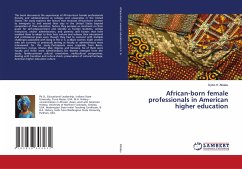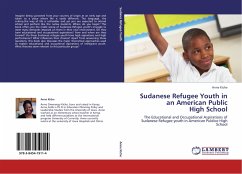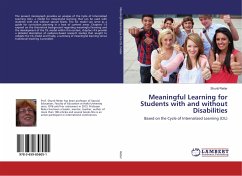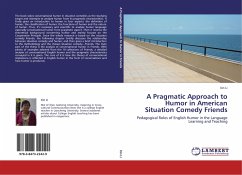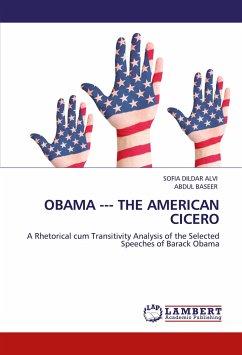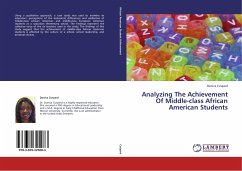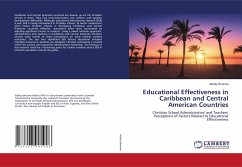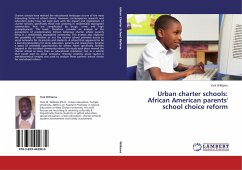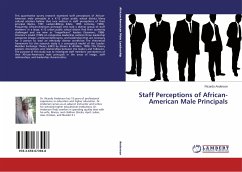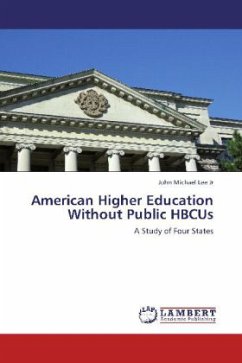
American Higher Education Without Public HBCUs
A Study of Four States
Versandkostenfrei!
Versandfertig in 6-10 Tagen
52,99 €
inkl. MwSt.

PAYBACK Punkte
26 °P sammeln!
American Higher Education Without Public Historically Black Colleges and Universities (HBCUs) explores the effects of the closure or merger on these unique institutions in American history that were born from the era of racial segregation in the United States. This manuscript raises the question of what would American higher education be without public Historically Black Colleges and Universities? This timely analysis shows the effects that the closure, merge and mandated integration of these institutions will have on African American student access to college and degree attainment outcomes in...
American Higher Education Without Public Historically Black Colleges and Universities (HBCUs) explores the effects of the closure or merger on these unique institutions in American history that were born from the era of racial segregation in the United States. This manuscript raises the question of what would American higher education be without public Historically Black Colleges and Universities? This timely analysis shows the effects that the closure, merge and mandated integration of these institutions will have on African American student access to college and degree attainment outcomes in Florida, Maryland, Mississippi, and Tennessee. Each of these states has had a turbulent history with the education of African Americans, and each has also been the subject of extensive study and legal cases. The author uses Time-series statistical modeling to predict the participation and outcomes of African American students for a state s current system of higher education with HBCUs. There has been and continues to be much academic debate surrounding the future existence of public HBCUs in America especially in a post-Obama era.



